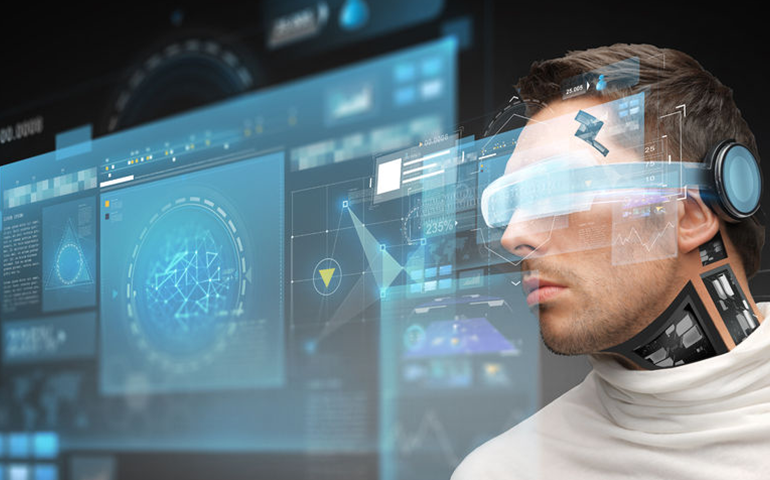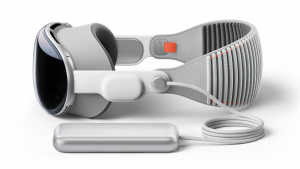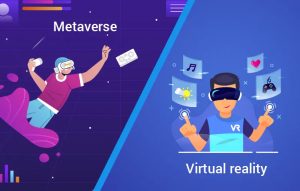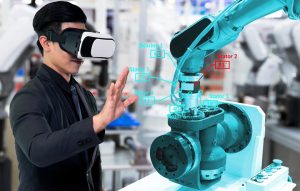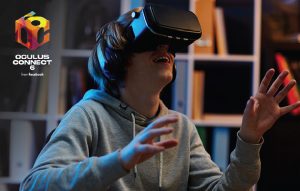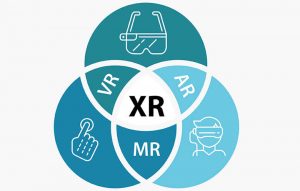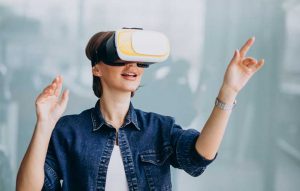Virtual reality technology is coming into its own and bringing with it some valuable uses for businesses. Whether it is car makers, hotel chains, educational institutes or manufacturing units, they are all adopting VR (virtual reality) as a new opportunity to connect with their customers and build relationships.
“The installed base of virtual reality headsets was estimated at around seven million in 2016 and is forecast to grow to 37 million by 2020.” – Statista
Before we dig deeper into the industries that are looking forward to adopting virtual reality technology into their business processes, it’s necessary to know some of the benefits VR offers.
- Practical experience of real-life scenarios in an immersive environment.
- VR offers a visual method to showcase your product and its USP to your customers over long distances.
- For sellers, it can be extremely difficult at times to convey their message via text descriptions. VR gives customers an option to try out new products before they make a purchase.
- Business travel costs can be cut down by holding meetings in virtual reality
Virtual reality market adoption trend
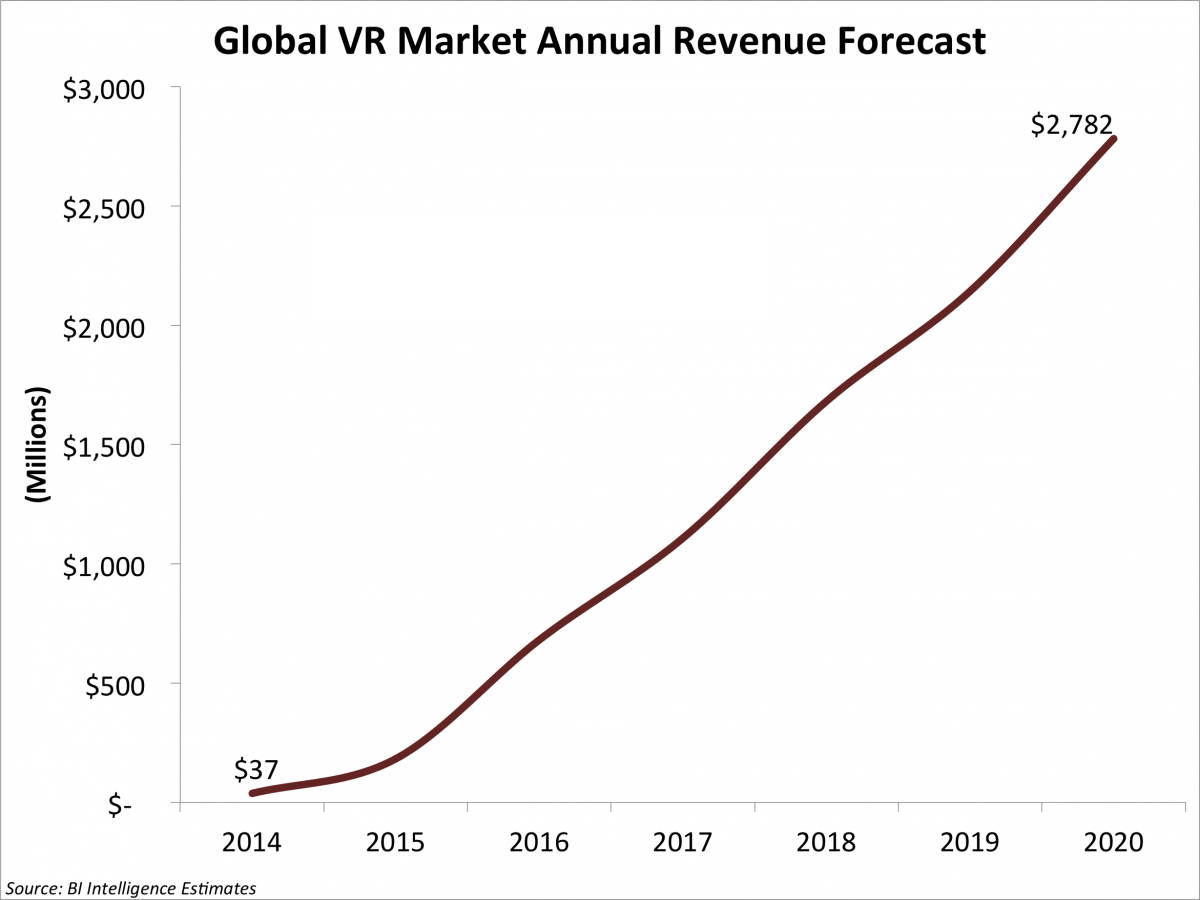
Source : http://blog.octagonstudio.com
How some industries are using virtual reality
Manufacturing – Create next-generation design and workflow
Using virtual reality technology, modern manufacturers can design and simulate production-line processes in a virtual environment, which helps them to identify production faults, design-related errors and weak areas before the damage or loss takes place. This is one of the biggest advantages when it comes to saving capital costs and decreasing waste because issues can be easily fixed in the development stage.
Field service and training – Provide real-world training and improved collaboration
VR technology has significantly addressed the increasing skills gap in field service and training, helping organizations to focus better on training new field technicians. The skilled engineers and technicians can have an immersive environment where highly visual and practical training can be imparted in a simulated 3D environment. Such real scenario VR-based field training will also help newbies in profoundly understanding how to handle complex tasks on-site.
Retail – Enhance customers’ retail shopping experience
Nowadays, a lot of brick-and-mortar stores have incorporated virtual reality into their in-store experience. This is because the retail shops have to showcase everything from different furniture models to different clothings. By using virtual reality technology, customers will be able to try the products before they buy, instead of doing guesswork.
Also, instead of getting flooded with all the products of the store, buyers can use VR apps to create virtual shopping baskets, locate the product in store by just clicking a button, and have a unique shopping experience. The entire shopping from purchase till payment is possible using virtual reality application without having to step out of the comfort of your home.
Some of the retail brands that have already adopted VR are Lowe’s, IKEA, TOMS Shoes, Rebecca Minkoff and more.
Real estate – Enable virtual and interactive property tours
Modern realtors implement virtual reality technology in order to help customers in taking a 360 degree walk-through of a property without having to travel to each location. Also, a customer can customize the environment by moving walls or windows, changing furniture, wall color, floor covering, counters, cabinets and more while standing within it virtually.
Healthcare Surgery Training – Assist in medical and surgical training
Many healthcare organizations are embracing virtual reality to help budding surgeons to learn how to perform difficult surgeries quickly by eliminating potential human errors. The virtual reality applications integrated with surgical simulators as well as virtual anatomy are useful in training a large number of surgeons and other medical professionals in a high-definition 3D training environment. VR would be helpful in training surgeons to perform the entire surgical operation and understand real-life complexities in a virtual environment.
Education – Provide safe training with chemistry lab simulations
In the education industry, the combination of virtual reality and practical training is the best method of teaching. Particularly, in chemical laboratories, a virtual reality app not only delivers extensive training on real lab procedures in an interactive environment, but it also eliminates the risks that are associated with chemistry labs. Hence, VR enables students to learn the experimental procedures in the virtual chemistry laboratory before carrying out real-world chemical experiments.
Many industries are now reaping the benefits of developing virtual reality applications that help in seamlessly performing their day-to-day work, without compromising the efficiency. Virtual reality adoption is proving to have brilliant uses across diverse industries in a number of ways. If you wish to go for VR application development, talk to our experts.


